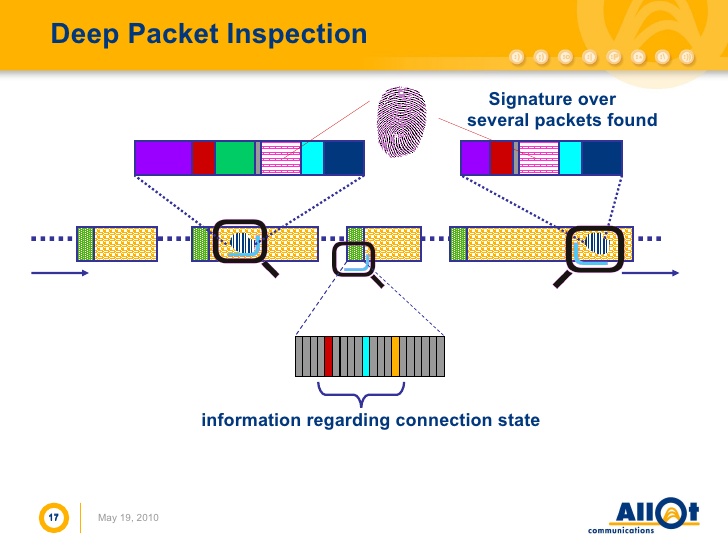
By Tesfa-Alem Tekle
December 14,
2016 (ADDIS ABABA) – A new report says Ethiopia’s move to block social media
and news websites during months long deadly protests was illegal.
Research
conducted by Amnesty International and the Open Observatory of Network
Interference shows that between June and October this year during times of
heightened tension and protests, access to WhatsApp and at least 16 news
outlets was blocked, especially in the Oromia region.
“The internet
blocking had no basis in law, and was another disproportionate and excessive
response to the protests. This raises serious concerns that overly broad
censorship will become institutionalized under the state of emergency.” Said
Michelle Kagari, Amnesty International’s Deputy Director for East Africa, the
Horn and Great Lakes.
“It’s clear
that as far as the Ethiopian government is concerned, social media is a tool
for extremists peddling bigotry and hate and therefore they are fully justified
in blocking internet access. The reality, though, is very different. The
widespread censorship has closed another space for Ethiopian’s to air the
grievances that fueled the protests.”
The research
also found "systematic interference" with access to political
opposition sites and ones supporting freedom of expression and gay rights.
Since last
year, the horn of African nation has faced an unprecedented wave of violent
protests that claimed the lives of over 500 people.
But the
country’s most recent protests were sparked after a religious festival in
Oromia region turned into violet anti-government protests claiming lives of 55
in stampede.
In October,
Addis Ababa has declared a six-month state of emergency giving the authorities
the power to arrest anyone without court authorization and impose curfews.
The new
report said the Ethiopian government is systematically and illegally blocking
access to social media and news websites to deliberately crush dissent and
prevent critical reporting.
Ethiopian
authorities have admitted arresting over 11,000 people after the state
emergency was imposed.
Protests
among the Oromo, Ethiopia’s biggest ethnic group initially sparked over
territorial rights but later turned into more political, wider freedoms and
economic rights.
Protesters of
Oromos and Amhara which is the country’s second largest ethnic group are
discontented that the ruling coalition is dominated by the Tigray minority
group and demand a more inclusive power sharing.
Opposition
parties have failed to secure a single parliamentary seat during the past
election.
A government
official has dismissed the new report as “one-sided, not credible and baseless”
"There
is no internet blackout in Ethiopia," government deputy spokesman Mohammed
Seid told The Associated Press.
“What we have
is a certain obstruction on mobile data services. It will be resolved very
soon”
However
previously a number of government officials have admitted access to internet
and social medias were blocked in a bid to arrest the violence which was
expanding to many parts of the country.
Access to
internet services have been widely affected since early October in larger parts
of the country including in the Capital, which a seat to the African Union (AU)
and international organizations.
Last week the
government has partially lifted ban on social media and mobile data.
Sudan Tribune
